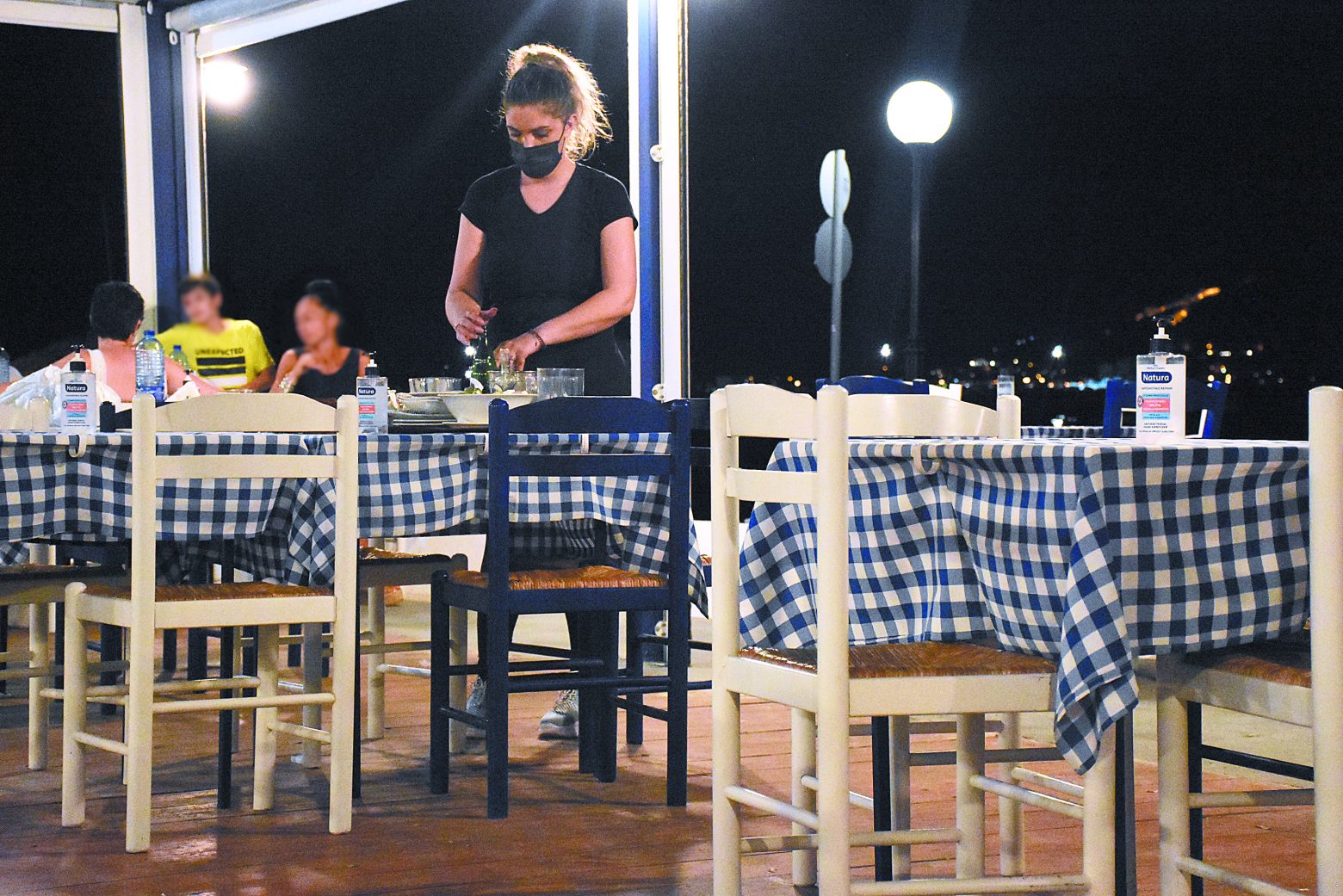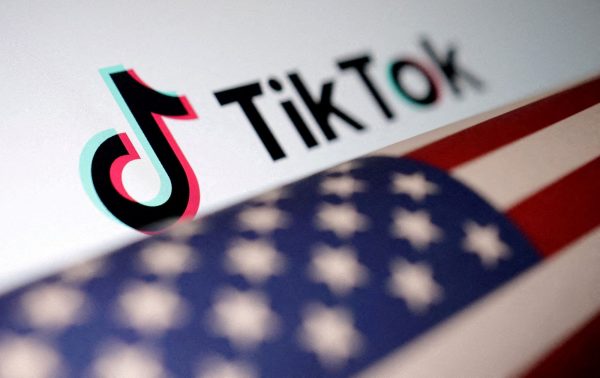
Greece is “championship” in indirect tax rates in the hotel sector and catering, especially compared to competing countries, as shown by Foundation for Economic & Industrial Research (IOBE) data presented at an event held by the “I Support HORECA” Alliance in the framework of the HORECA 2023 exhibition. The event was themed “Food Service and Hospitality – Fewer indirect taxes means a boost to development”.
The contribution of the HORECA sector to the national economy
The IOBE study compared indirect taxation in the HORECA sector in Greece and in other EU countries. As explained by the Foundation’s economist, Grigoris Pavlou, Greece is in 1st place in the EU in terms of the participation of Catering and Hospitality in the economy, with a significant rise after 2010.
In particular, the participation of the sector in the GDP corresponded to a percentage of 5.3% in 2021, with the 109,265 companies active in the sector generating 13.568 billion euros in added value for the economy.
At the same time, it is also a key employer in Greece: More than 700,000 direct jobs are offered by the hotel industry and catering, while together with indirect and induced employment, these exceed 1,000,000. Out of all the country’s employees, 3.6% are employed in positions related to the hotel industry – the 2nd highest percentage in the EU – while for the restaurant industry this percentage reaches 10%, bringing Greece to first place list.
At the same time, indirect taxes on catering and accommodation (such as VAT, Excise Taxes on alcoholic beverages and coffee and Accommodation Tax) account for 11% of the state’s indirect tax revenues, while the sector yields 6.1% of of total government tax revenue.
Indirect taxes: The big challenge for Hospitality and Catering
The high indirect taxation in relation to competing countries in the tourism sector, as well as the constantly changing tax framework, are identified by the study as the main challenges that the HORECA sector has to face.
More specifically, with a VAT rate of 13% on accommodation, Greece is in first place among the seven main tourist markets of southern Europe, with the immediately following markets (Italy, France and Spain) keeping the VAT at 10%, while the lowest rates are found in Cyprus (9%), Malta (7%) and Portugal (6%).
It is even worth mentioning that from 6% in July 2015, the VAT on accommodation increased in October of the same year to 13%, remaining at the same high level since then. In addition, from 2018, the sector is also burdened with an accommodation tax per night proportional to the category of accommodation, but also by the visitor tax (0.5% of the turnover).
As far as the catering industry is concerned, restaurants, with a VAT rate of 13%, place Greece together with Portugal in second place in the EU after Malta. It is worth mentioning, however, that from 2010 to today, the VAT on restaurants has changed 6 times. Nevertheless, the reduction of the rate to 13% after 2019 has since led to a significant strengthening of the sector both in terms of liquidity and employment, which proves the growth boost that can be given to the economy and businesses from the relief of indirect taxation.
In the sector of cafes and bars – whose main activity is the sale of products charged with 24% VAT – Greece is once again the “champion” in VAT. At the same time, businesses in the sector are burdened at the level of operating costs by Excise Taxes on alcoholic beverages and coffee. Especially with regard to the VAT on alcoholic beverages, this in Greece corresponds to €2,550/ 100 lt of ethyl alcohol and is the highest in the EU in purchasing power units and the 5th highest in absolute numbers.
In addition to taxation, catering and hospitality have been under pressure from the revaluation of many goods in recent months, with a large part of the increase held by businesses in the sector. In particular, the cost of electricity has more than doubled, while there is a significant increase in rents in shops in the 1st half of 2022, with an increase in wage costs as well.
As the representatives of the entities from the catering, hotel and alcoholic beverage sectors noted, the reduction of indirect taxation is an option that strengthens the competitiveness of the tourism product and supports businesses in the sector. A sector which has been a pillar of the economy throughout time, even in the difficult period of the economic crisis. Furthermore, the more rational treatment of indirect taxes – VAT and Special Consumption Taxes – brings about fiscal justice, combats one of the main incentives for tax evasion, while in the case of the VAT on alcoholic beverages, the reduction will also play a decisive role in dealing with smuggling.
Latest News

DM Dendias: We talk With Turkey But We Always Bring Up Their Unacceptable Positions
Second and last day of closely watched conference, entitled 'Metapolitefsi 1974-2024: 50 Years of Greek Foreign Policy', also included appearances by PM Mitsotakis, Ex-PM Tsipras and PASOK leader Nikos Androulakis, among others

Rhodes Airport Tops Fraport Greece’s Regional Airports in 2024 Performance
According to Fraport's data, more than 35 million passengers (specifically 35.2 million) were handled by Fraport-managed airports during the 11 months.

European Central Bank Cuts Interest Rates by 25 Basis Points
It is the fourth cut of interest rates by Europe’s central bank, a move expected by the markets and financial analysts leading to the rate settling at 3%.

Airbnb: New Measures Add €600 in Extra Costs for Property Owners
Property managers face an immediate administrative fine of 5,000 euros if access to the inspected property is denied or any of the specified requirements are not met.

Economist: Greece Included in the Best Performing Economies in 2024
Meanwhile, Northern European countries disappoint, with sluggish performances from the United Kingdom and Germany.

EasyJet Expands Its Routes from Athens
The airline’s two new routes will be to London Luton and Alicante and they will commence in summer 2025.

Capital Link Forum Highlights Greece’s Economic Resurgence; Honors BoG Gov Stournaras
Capital Link Hellenic Leadership Award recipient, Bank of Greece Gov. Yannis Stournaras, an ex-FinMin, was lauded for his pivotal role during Greece’s economic recovery

Tourist Spending in Greece Up by 14%, Visa Card Analysis Shows
Greece’s capital Athens emerged as the most popular destination, recording a 17% increase in transactions with Visa cards, surpassing even the cosmopolitan island of Mykonos.

Inflation in Greece Unchanged at 2.4% in Nov. 2024
The general consumer price index (CPI) posted a 0.4% decrease in November compared to the previous month

2024 Christmas Holidays: Extended Shop Hours Schedule
The 2024 Christmas Holidays extended shop hours schedule commences on Thursday, December 12 and runs until the end of the year.


![Φυσικό αέριο: Δυναμικό come back του LNG στην Ελλάδα [γραφήματα]](https://www.ot.gr/wp-content/uploads/2023/01/OT_naturalgas-90x90.jpeg)












![Fraport: Πάνω από 35 εκατ. επιβάτες στα αεροδρόμια το 11μηνο – Πτώση στη Μύκονο [πίνακας]](https://www.ot.gr/wp-content/uploads/2022/06/fraport-90x90.jpg)


























 Αριθμός Πιστοποίησης Μ.Η.Τ.232433
Αριθμός Πιστοποίησης Μ.Η.Τ.232433